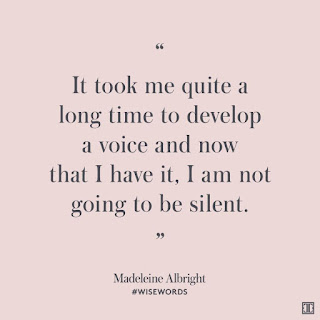Staying Mentally Well During COVID-19: Understanding Our Grief Helps To Move Through It
As days turn into weeks, we find ourselves facing more and more loss during the COVID-19 pandemic. Even though there are small pockets of hope in certain areas of the world or in our own communities, most families are dealing with overwhelming stress, fear, scarcity, and uncertainty. Within the confines of living in close quarters combined with the restrictions placed upon us by the recommended guidelines, we are experiencing loss in every aspect of our daily lives. It is hard on adults; it is very hard on our children and our young adults. Staying Mentally Well During COVID-19 means sharing our disappointments and despair with one another. And, it is important for each of us to talk about how our grief feels and how it shows up. Because, Understanding Our Grief Helps To Move Through It.
Most of us are familiar with the five stages of grief as identified by Elizabeth Kubler-Ross: denial, anger, depression, bargaining, and acceptance. However, over the years we have come to understand that these stages were assigned for folks facing their own end of life experiences. We now look at grief as a natural and normal process to any type of loss. Grief is experienced as an "injustice," with a myriad of heavy feelings associated with it such as the following: tormented hope, abandonment, anxiety, anguish, apprehension, fear, guilt, pain, sadness, self-blame, rejection, and resentment. Therefore, if you or your children are experiencing any of these expressions of grief, talk about them. For little ones, have them draw pictures of how they are feeling. Be cautious of making promises to one another like "You're going to be fine," or "You'll feel better soon." Instead, let your loved ones know you hear them and understand their feelings. Then, ask how you can help or support them.
Lastly, in order to understand our grief better, talk about how grief shows up for each of you. For some, it is like a wave that washes over us. It's heaviness crushes us and leaves us numb. Then, it seems to subside and we surface for a while. For others, it is like a volcano slowly building inside. And then it erupts, leaving us empty and unsettled, as we cautiously welcome moments of stillness. For some, it is a lingering state of despair. We ache inside, we cry, and then...we let go a little at a time. Once again, talk to your loved ones about how your grief is showing up in you. Listen to each other. Hold each other. Comfort one another.
It's Healing To Cry
It's Soothing To Soak
It's Comforting To Draw Strength From Our Elders
Lastly, in order to understand our grief better, talk about how grief shows up for each of you. For some, it is like a wave that washes over us. It's heaviness crushes us and leaves us numb. Then, it seems to subside and we surface for a while. For others, it is like a volcano slowly building inside. And then it erupts, leaving us empty and unsettled, as we cautiously welcome moments of stillness. For some, it is a lingering state of despair. We ache inside, we cry, and then...we let go a little at a time. Once again, talk to your loved ones about how your grief is showing up in you. Listen to each other. Hold each other. Comfort one another.
As each day comes to a close and you work through your grief, reflect upon your losses and their importance to you. Recall the ways in which your life was made better by them. Continue to release your grief as you breathe in a simple truth...
We wouldn't feel the losses had they not meant something special to us.
For more in this series on COVID-19:
It's Soothing To Soak
It's Comforting To Draw Strength From Our Elders






Comments
Post a Comment